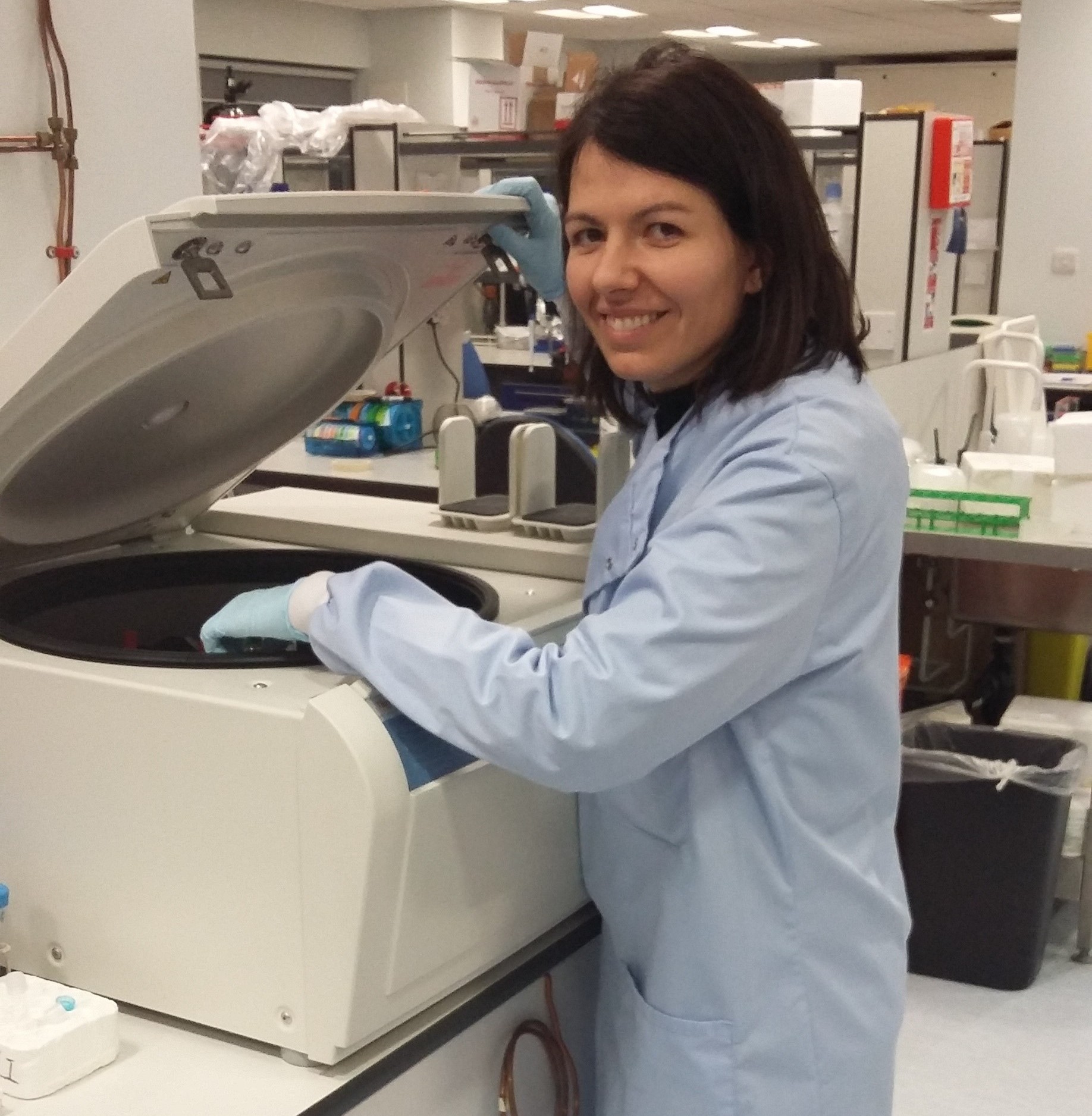
01 Aug 2025
Research Blog: From Mutation to Manifestation
When people hear the term blood cancer, they often think of leukaemia. In fact, blood cancer is a group of cancers that affect the blood, bone marrow, or lymphatic system. It includes three main types: leukaemia, lymphoma, and myeloma. These diseases may overlap in symptoms or treatment, but each one is unique in how it starts, spreads, and is treated.
Both leukaemia and lymphoma involve white blood cells—specifically lymphocytes. However, lymphoma usually starts in the lymph nodes and can form solid tumours. Leukaemia, on the other hand, begins in the bone marrow, spreads through the bloodstream, and typically doesn’t form solid tumours. It’s often referred to as a “liquid cancer.”
Myeloma is another type that affects plasma cells, a different kind of white blood cell. Like leukaemia, it originates in the bone marrow, and also disrupts the production of healthy blood cells.
While these differences might seem minor, they can have major implications for diagnosis, treatment, and outcomes.
Leukaemia is a process that begins deep within the bone marrow, often long before any symptoms appear. In this blog, we explore how a single mutation can evolve into a life-altering disease.
Blood is essential for life. It doesn’t just flow through your veins—it delivers oxygen and nutrients (like glucose), clears waste, carries chemical messages, and helps defend against infection. This powerful system is built from four main components: red blood cells, white blood cells, platelets, and plasma. Each one has a vital role, and most are produced in the bone marrow—the body’s blood cell factory.
Because blood cells wear out over time, your body constantly produces new ones from stem cells in the marrow. With every new blood cell, your DNA is copied—a high-stakes process that usually goes smoothly. But sometimes, a small copying error occurs. These errors, known as mutations, are often harmless. Occasionally, though, mutations hit a critical gene, for example one responsible for making a white blood cell. That’s where leukaemia begins.
At first, the mutated cell looks much like its healthy neighbours. But it has three dangerous traits: it divides much faster than normal, it fails to develop into a mature cell, and it ignores the usual signals that tell it when to die. Over time, these faulty cells begin to multiply uncontrollably. As they fill up the bone marrow, they push out healthy cells, interfering with normal blood production.
The type of leukaemia that develops depends on the kind of white blood cell that mutates. If the mutation occurs in a myeloid cell, it can lead to acute myeloid leukaemia (AML). If it happens in a lymphoid cell, it might result in acute lymphoblastic leukaemia (ALL). Another big distinguishing factor is whether the leukaemia is chronic or acute, and this is determined by how fast the disease progresses. Regardless of the type, the story is similar: one rogue immature cell multiplies, evades death, and eventually floods the bloodstream.
As this takeover continues, the effects ripple throughout the body. With fewer red blood cells being produced, people often feel weak or short of breath. A shortage of platelets makes bruising and bleeding more likely. And even though the number of white blood cells may be high, they’re dysfunctional — leaving the immune system compromised. The bone marrow becomes packed with abnormal cells, which can also cause pain and pressure inside the bones.
In the early stages, leukaemia can be easy to overlook. Mild fatigue, frequent colds, or unexplained bruises may be dismissed. But as the disease progresses, the symptoms worsen. Early diagnosis is crucial. Most people are first alerted by a routine blood test. If the results are abnormal, a bone marrow biopsy confirms the presence and type of leukaemia. Doctors may also perform genetic analysis of the leukaemia cells to identify the specific mutations driving the disease. This helps tailor treatment to each individual.
Treatment usually begins with chemotherapy, aimed at wiping out as many of the faulty leukaemia cells as possible. This is the crucial first step in what can be a long and challenging road to recovery. For many people, treatment unfolds in several stages over months or even years, depending on the type of leukaemia and how the body responds. Yet the goal is always the same—restoring healthy blood production and preventing relapse.
While leukaemia remains a serious disease, advances in our understanding of its origins —especially the early mutations that trigger it — are transforming how we fight it. By targeting the disease at its roots, researchers are developing more precise, effective therapies.
Leukaemia begins quietly, with a genetic mistake. But by shedding light on this hidden process, we’re learning how to stop it earlier and treat it better.
Discover our research blogs.
Related posts
25 August 2020
Angela Smith-Morgan to step down from her role as Co CEO of Leukaemia UK
After eight successful years with us, Angela Smith-Morgan will be stepping down from her role as Co CEO of Leukaemia UK on 3rd September.
3 February 2022
New analysis reveals the stark disparities in cancer rates between ethnic groups
The Cancer Research UK study demonstrates the importance of understanding the differences and inequalities in cancer and to highlight where improvements in survival, treatment and care can be made.
28 November 2022
Leukaemia UK John Goldman Fellow awarded Professorship
Talented blood cancer researcher, Vignir Helgason, was awarded a Leukaemia UK John Goldman Fellowship in 2015, for his research into chronic myeloid leukaemia (CML). Since then, his research career has…
10 November 2021
An urgent call from One Cancer Voice group of cancer charities for the Comprehensive Spending Review to deliver Government commitments to improve cancer survival & care
Leukaemia UK has joined with 50 other cancer charities in writing to the Prime Minister, Chancellor of the Exchequer and Secretary of State for Health and Social Care. We are calling on the Government to urgently deliver on commitments to improve cancer survival and care in the forthcoming Spending Review.
